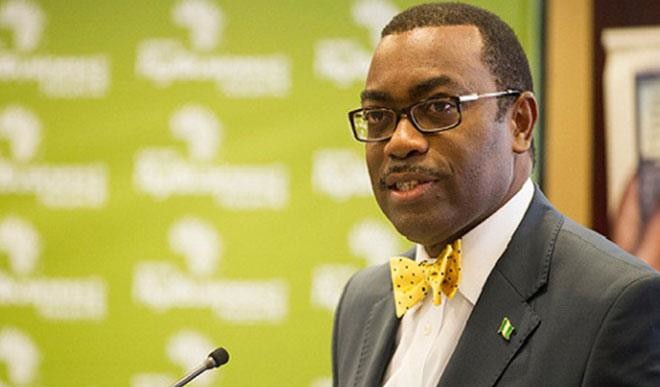In a report by the African Development Bank (AfDB), Nigeria’s public debt remains relatively sustainable at 25 percent of the country’s GDP.
The report titled, ‘‘From debt resolution to growth: The road ahead for Africa’ was launched by the President of AfDB, Dr. Akinwumi Adesina, virtually.
Present at the virtual event were the Governor of the Bank of Ghana, Ernest Addison; recipient of the 2001 Nobel Memorial Prize in Economic Sciences and American economist, Prof Joseph Stiglitz; Secretary of State for Budget and Public Investments, Republic of Angola, Aia-Eza da Silva; Governor of the South African Reserve Bank, Lesetja Kganyago; and President, Center for Global Development, Masood Ahmed.
The bank, in the report, noted that Nigeria’s external private flows were affected by “macroeconomic imbalances and policy uncertainty.”
READ ALSO: IEA Doubts Nigeria’s Ability To Revive Refineries
It read, “Nigeria’s public debt is relatively sustainable at 25 per cent of GDP, but debt service payments are high and the country’s ability to attract external private financial flows is hurt by macroeconomic imbalances and policy uncertainty.
“During the first half of 2020, Nigeria received $7.1bn in foreign investment. This was half the amount it received in the corresponding period of 2019.
“Nigeria’s financing requirements require improved domestic revenue collection. Currently, non-oil revenue collections are equivalent to four per cent of GDP. The revenue yield in 2020 from an increase in the value-added tax rate to 7.5 per cent from 5 per cent was less than projected because of subdued economic activity.
“Downside risks include reduced fiscal space, should oil prices remain depressed. In addition, flooding and rising insecurity could hamper agricultural production. High unemployment (put at 33.3 per cent by the National Bureau of Statistics a few days ago), poverty and growing inequality remain a major challenge in Nigeria.”













